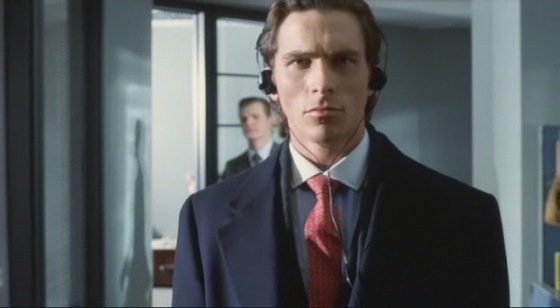
Yuppie Culture Exposed How American Psycho Reflects 1980s New York
Yuppie culture, a social phenomenon arising in the 1980s, characterized the lifestyle of young urban professionals, particularly in metropolitan hubs like New York City. The term "yuppie" has often been associated with a materialistic and self-serving attitude, driven by the pursuit of wealth, status, and luxury. One of the most iconic representations of this culture is found in Bret Easton Ellis's novel "American Psycho," which also inspired a film adaptation. The work serves as a lens through which we can scrutinize the excesses and moral vacuity of the yuppie lifestyle, capturing the essence of 1980s New York in vivid and often disturbing detail.
A Mirror to Excessive Consumerism
"American Psycho" intricately depicts the lives of its protagonist, Patrick Bateman, and his peers, who are emblematic of yuppie culture. Set against the backdrop of a booming Wall Street, the novel illustrates a world rife with excessive consumerism. Bateman and his associates are obsessed with high-end brands, luxury items, and status symbols, reflecting a society that equates material wealth with personal worth. This obsession is not merely superficial; it extends to their social interactions, where the authenticity of relationships is diminished in favor of appearances and brand recognition. The idea of "keeping up with the Joneses" is paramount, and the protagonists' lives revolve around dining at exclusive restaurants, attending lavish parties, and flaunting the latest designer fashions.
The Facade of Normalcy and the Eruption of Psychopathy
At its core, "American Psycho" juxtaposes the polished exterior of yuppie life with the dark, twisted psyche of Patrick Bateman. This duality reflects the hollowness of the culture, suggesting that beneath the glitzy veneers of wealth and success lies a deep-seated emptiness. As Bateman's violent and psychopathic tendencies emerge alongside his obsession with status, the narrative poses critical questions about the moral implications of such a lifestyle. The ease with which Bateman transitions from a seemingly ordinary life to one marked by brutality serves as a sharp commentary on the moral decay embedded within yuppie culture. It raises an essential point: when the drive for success supersedes ethical considerations, can one truly claim to be civilized?
The 1980s New York City Landscape
The setting of "American Psycho," 1980s New York City, plays a vital role in shaping the narrative. The city during this era was a symbol of unbridled capitalism, a melting pot of finance and culture where wealth and power were on full display. Skyscrapers embodied ambition, and the streets pulsated with the energy of ambition and greed. The environment is crucial to understanding Bateman’s character, as he navigates through a landscape teeming with parties in upscale Manhattan, frequenting luxurious locales, and engaging in the ruthless corporate culture. Ellis paints a vivid picture of this urban milieu, capturing the vibrancy and brutality of an era that glorified wealth at any cost, often at the expense of humanity.
The Legacy of Yuppie Culture
The legacy of yuppie culture, as exposed in "American Psycho," extends beyond the 1980s, influencing contemporary societal attitudes towards wealth and success. The themes explored in the novel encourage readers to reflect on the moral implications of consumerism and the human costs associated with relentless ambition. As yuppie culture persists in various forms today, discussions around consumerism, mental health, and ethical responsibility remain relevant. For those interested in exploring this complex narrative and its cultural ramifications, the "American Psycho Official store" offers a plethora of merchandise that celebrates the book and film, serving as a tangible reminder of the world Ellis depicted. Whether it be through apparel, collectibles, or art, these products engage readers and fans in the ongoing conversation about excess, identity, and morality in modern society.









